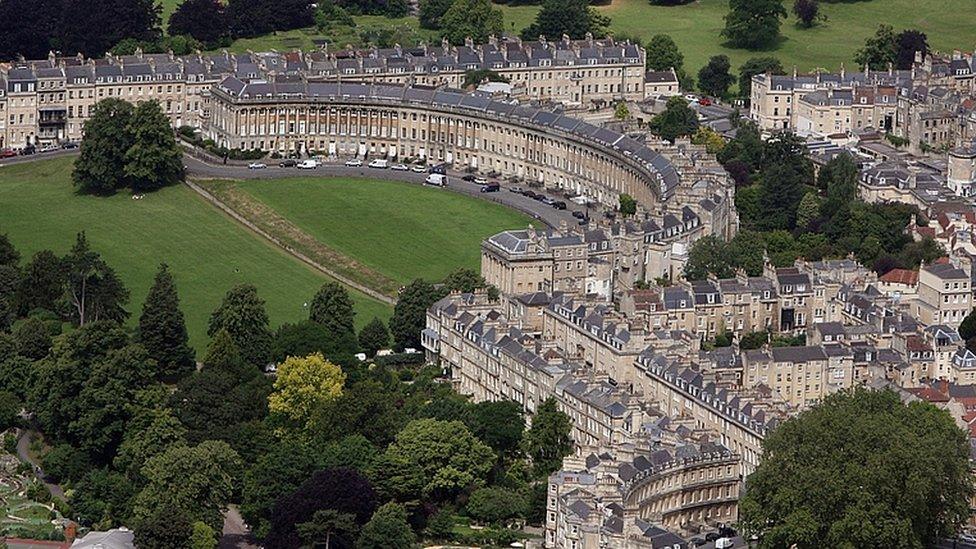Bath Clean Air Zone: City agrees charge for polluting vehicles
- Published
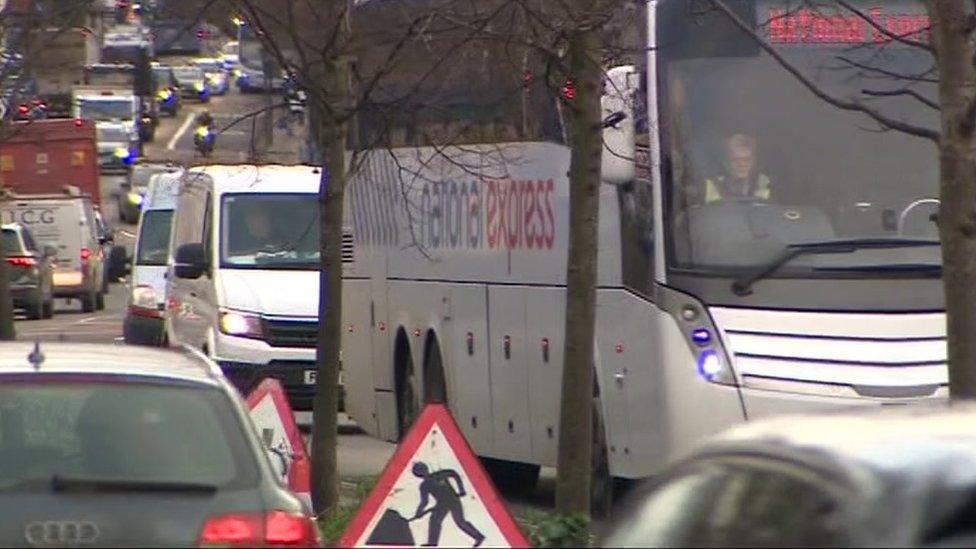
The council needs to reduce air pollution in Bath city centre
A clean air zone (CAZ) charge on vehicles in Bath has been approved in a bid to improve the city's air quality.
Private cars will be exempt but the most polluting commercial vehicles such as buses and lorries will be charged.
Bath and North East Somerset Council (Banes) voted to introduce a £9 daily fee for high-emission commercial vans and £100 for HGV and buses.
The scheme now needs final government approval but the council still aims to launch the scheme on 4 November.
Private hire vehicles and taxis will also have to pay £9-a-day charge.
Southampton and Leeds councils have already agreed CAZs, while similar schemes are proposed for cities including Bristol, Birmingham, Sheffield and Greater Manchester.
Local authorities across the country were told to take action by the Government to reduce dangerously high levels of NO2.
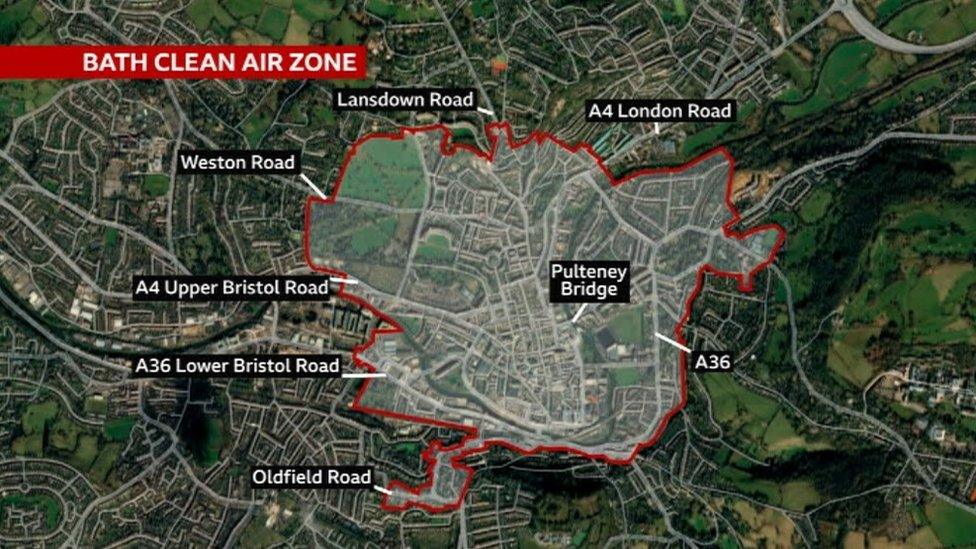
The clean air zone is set to be in force by November 2020
Banes has secured £6m of government funding, but another £18m is needed to install a camera network to enforce the CAZ.
Deputy leader Richard Samuel said: "The next phase is expensive so the camera network is expensive to install, it's technically challenging, and some authorities elsewhere have had delays because the government end has not been ready
"I think that's all been resolved now but when you're about to embark on £18m of expenditure that's actually quite significant.
"We are determined not to have any of that burden placed on local taxpayers."
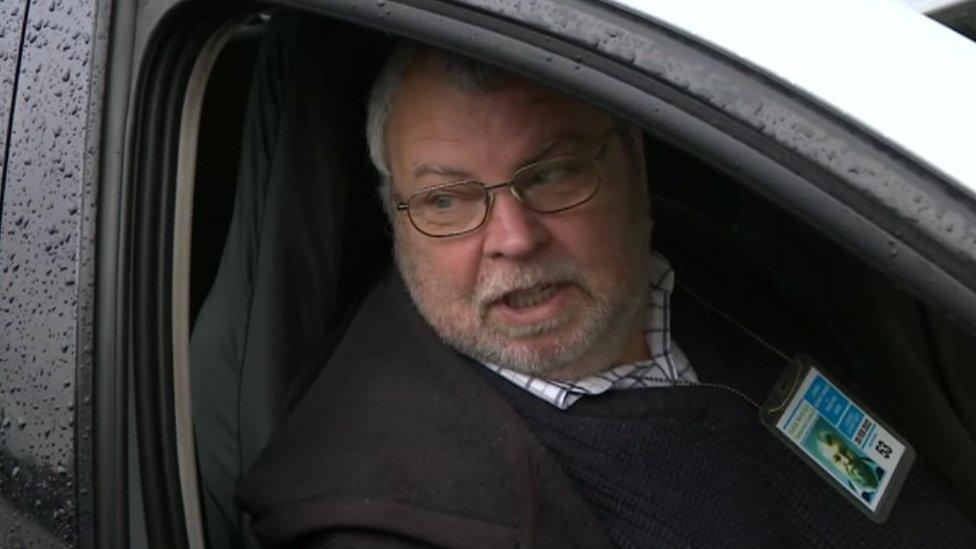
Taxi drivers say they are unhappy with the new charge
One taxi driver said: "I'm kind of stuck. I've either got to pay £9 a day to come into work or I've got to work two years past my retirement date to pay for a car I don't want."
On Monday, the council's climate emergency scrutiny panel also looked at separate proposals to bring in higher parking charges for privately-owned cars.
The charges would apply to higher emission cars and a crackdown on permits offered to hotel guests.
Charges for blue badge holders who use Keynsham car park near Bath was also discussed but this was largely opposed by members in the meeting.
Scrutiny panel members said the idea of increasing costs for disabled drivers was a step too far. No decisions have yet been made.
- Published5 March 2019
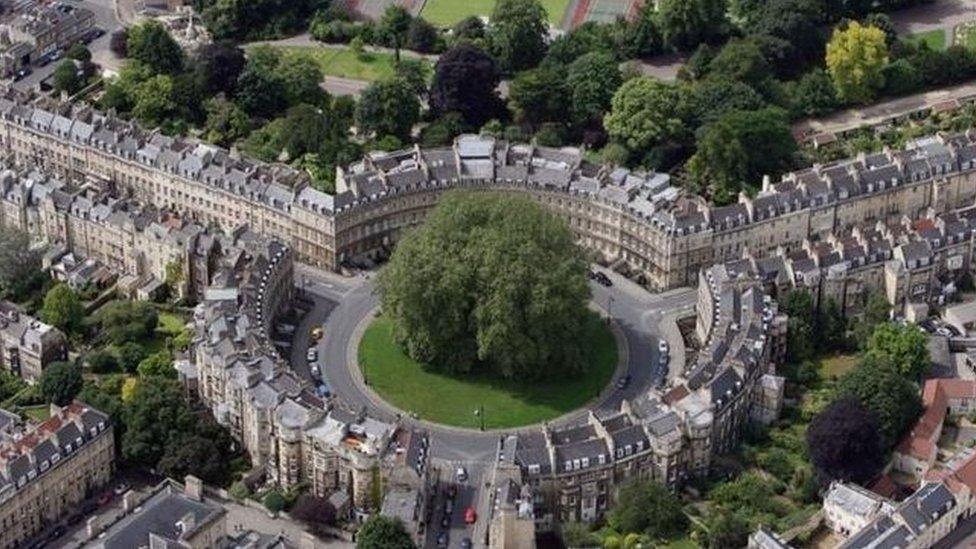
- Published16 October 2018
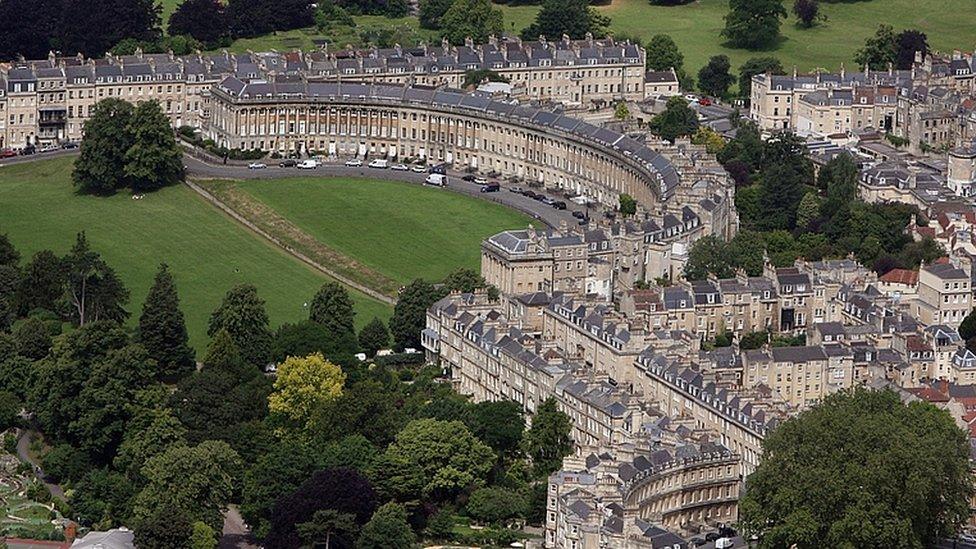
- Published31 May 2019
